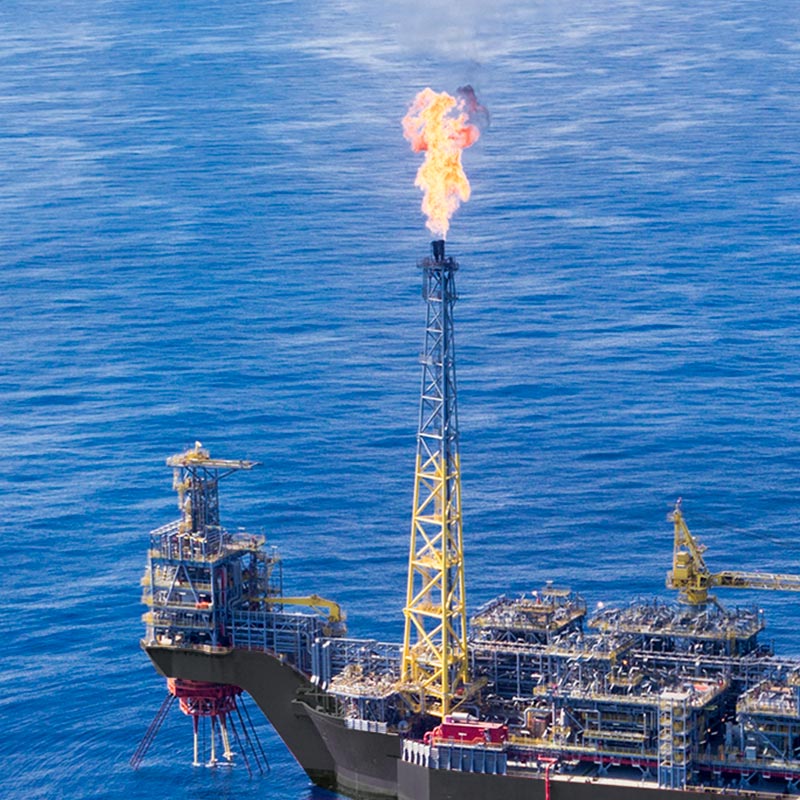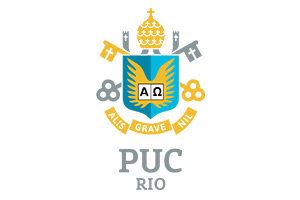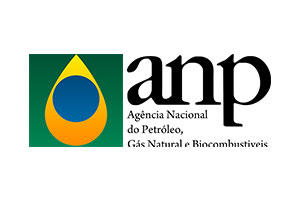The challenge
The reduction of emissions from maritime operations is of great importance due to its relevance in global commercial and industrial operations, currently accounting for about 3% of total greenhouse gas (GHG) emissions. According to forecasts, GHG emissions from total transportation have increased by 10% in 6 years and will increase by 50% by 2050. In line with the goals of the Paris Agreement, the International Maritime Organization (IMO) has set reduction targets, which, in their updated version, translate to a 20% reduction in emissions by 2030 and 100% by 2050 (net zero).
Our solution
The driving force behind this initiative is the seamless transition from fossil fuels to biofuels, leveraging “drop-in” solutions that require no modifications to existing propulsion systems or with minimal engine adjustments to boost efficiency further. This groundbreaking 40-month project is set to explore four cutting-edge technological pathways to drastically reduce GHG emissions and fossil fuel consumption while significantly enhancing the performance of large diesel engines, such as those used for maritime propulsion. These innovative pathways are strategically designed to align with the IMO’s ambitious goal of incorporating at least 5% biofuels into the sector’s energy matrix by 2030. The focus will be on revolutionary blends of marine diesel, ethanol, biodiesel, and ammonia, alongside the development of advanced heavy fuel oil (HFO) and biofuel combinations.
Main Advantages
- Emission reduction
- Regulatory compliance
- ESG actions

Get inContact
Fill in your contact information
and we’ll get back to you shortly.




